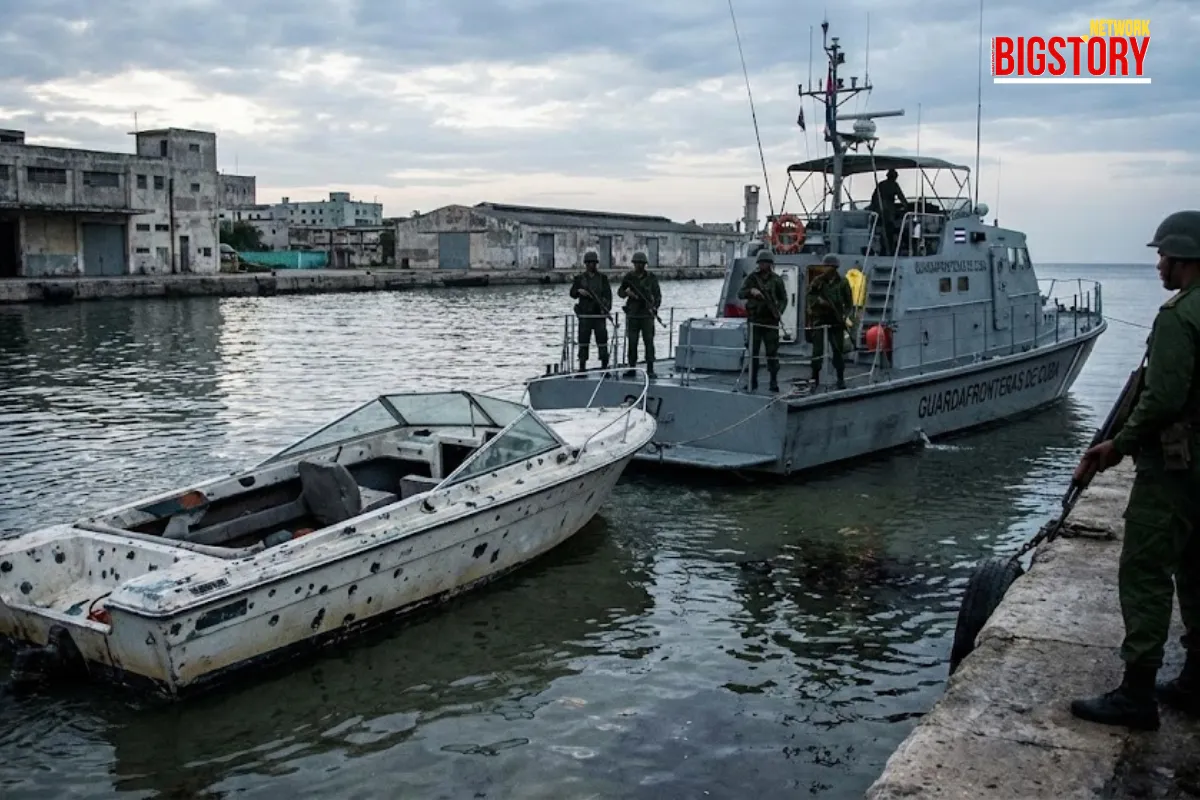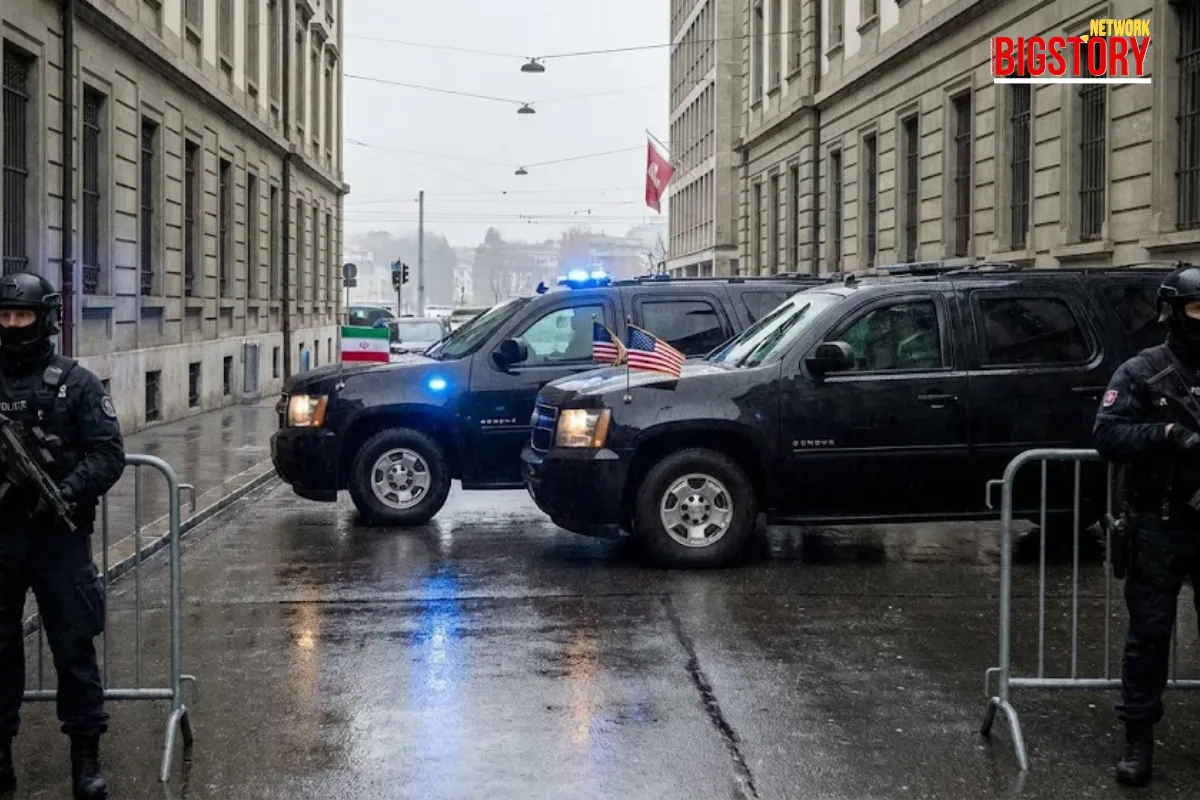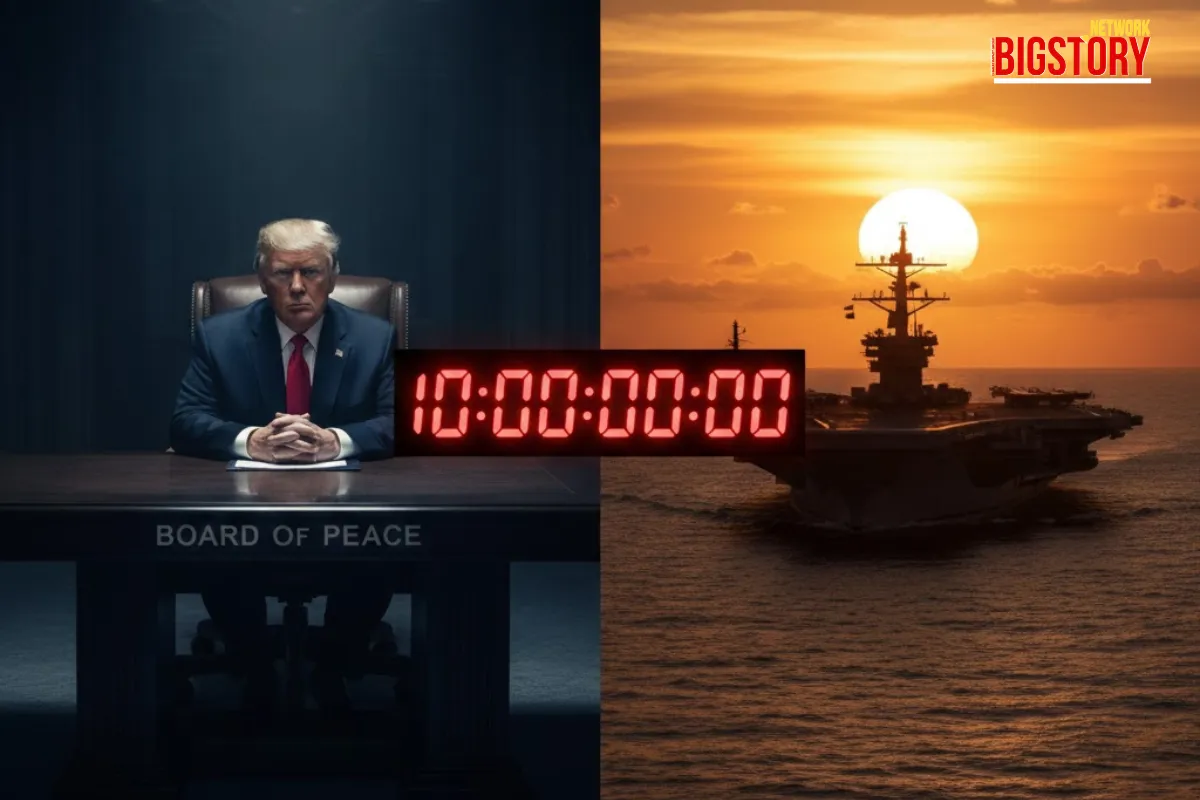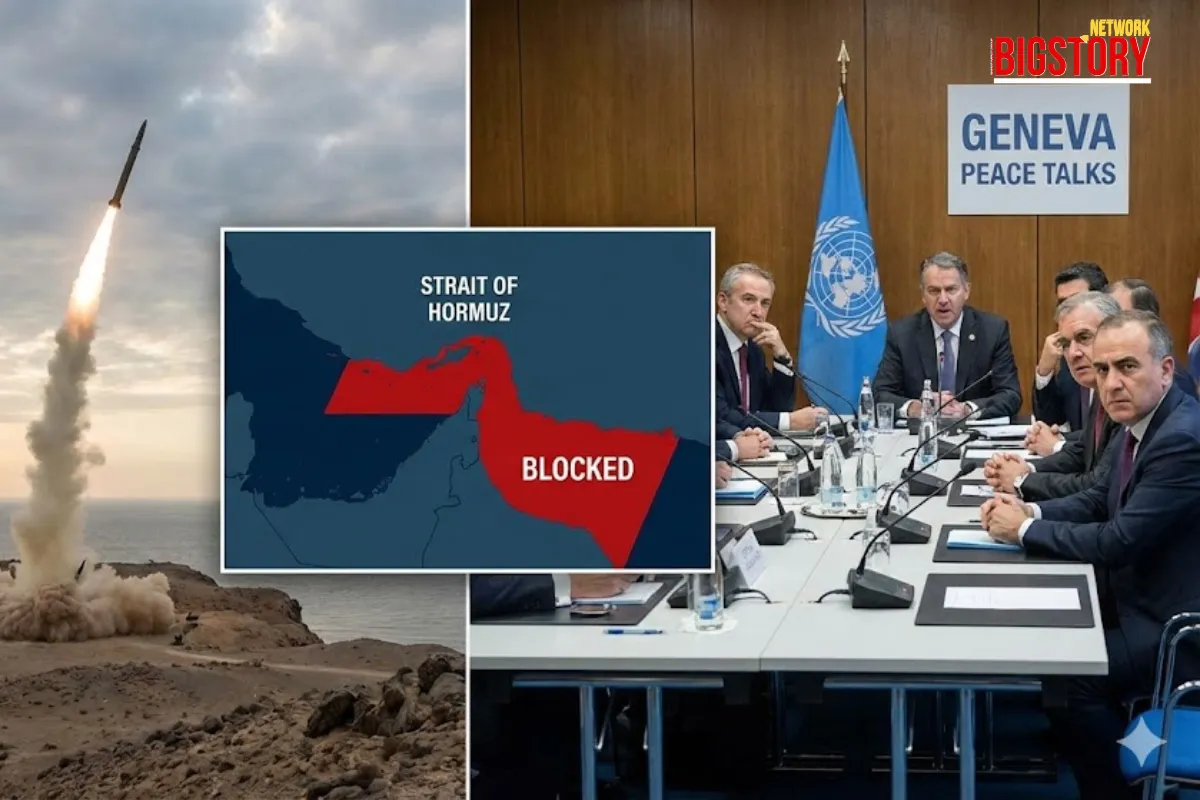UN Security Council unanimously condemns Israeli strike in Qatar. Doha to host Arab-Islamic summit as tensions rise over sovereignty violations.
 Sseema Giill
Sseema Giill
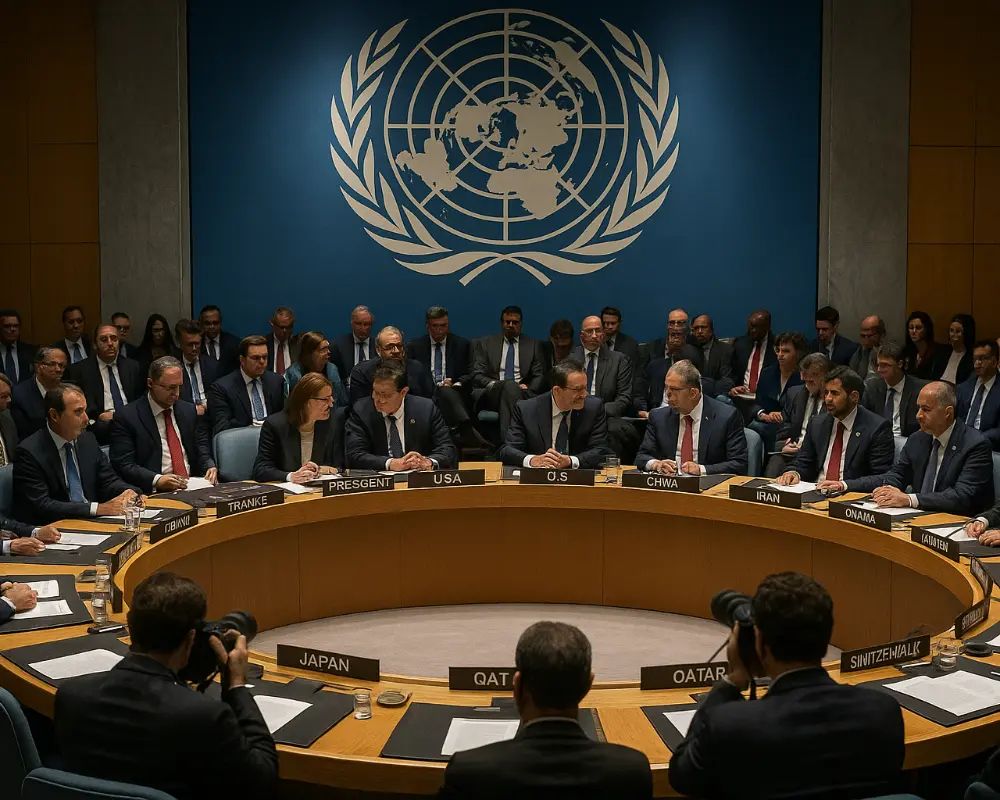
Israeli Strike on Qatar: On September 9, 2025, Israeli warplanes launched an unprecedented airstrike in Doha, Qatar, targeting Hamas leaders. The strike killed six people — five Hamas members and one Qatari security officer — marking the first Israeli strike on a Gulf Cooperation Council (GCC) state.
UN Security Council Response: On September 11, 2025, all 15 UN Security Council members, including the US, unanimously condemned the Israeli strikes in an emergency session. While the statement avoided naming Israel directly, it expressed solidarity with Qatar and reaffirmed support for its sovereignty and territorial integrity.
Emergency Arab-Islamic Summit: Qatar will host an emergency Arab-Islamic summit on September 14–15, 2025, bringing together Arab League and Organization of Islamic Cooperation (OIC) states to decide a coordinated response.
The airstrike targeted a residential compound in Doha, used by Hamas’s political bureau, during a meeting on the latest US-sponsored Gaza ceasefire proposal. Senior Hamas officials, including chief negotiator Khalil al-Hayya, were present but survived.
Israel said the strike was retaliation for a Jerusalem bus stop attack on September 8 that killed six Israelis.
The Israeli strike on Qatar marks a new escalation in Middle East conflict, targeting a US ally and mediator. The unanimous UNSC condemnation — even with US support — signals rising friction in US-Israel ties under Trump’s administration.
The upcoming Arab-Islamic summit could result in a coordinated regional stance against Israeli actions, further complicating Gaza ceasefire diplomacy and reshaping Gulf-Israel relations.
1. Why did Israel strike Qatar?
Israel claimed it targeted Hamas leaders in Doha, linking them to a deadly Jerusalem attack on September 8.
2. How many were killed in the Qatar airstrike?
Six people died — five Hamas members and one Qatari security officer.
3. How did the UN Security Council respond?
On September 11, the UNSC unanimously condemned the attack, reaffirming Qatar’s sovereignty.
4. What is Qatar’s reaction?
Qatar called the attack “state terrorism” and announced an emergency Arab-Islamic summit on September 14–15.
5. Did the US support Israel’s strike?
No. The US criticized Israel’s unilateral action and confirmed Washington was not consulted.



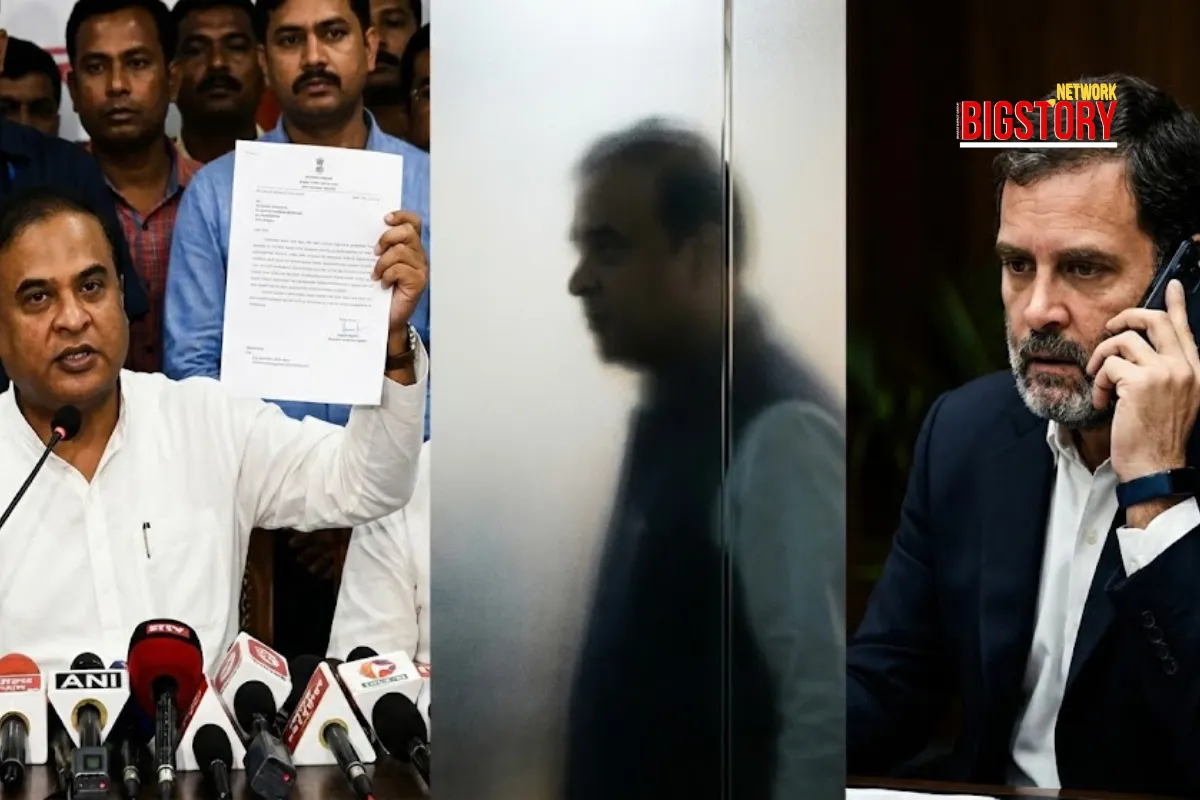


Sign up for the Daily newsletter to get your biggest stories, handpicked for you each day.
 Trending Now! in last 24hrs
Trending Now! in last 24hrs
